In addition to acute illness, viruses can cause cancers. While our understanding of cellular immunity against viruses that have DNA-based genomes is robust, we know less about how cells protect themselves against RNA-based viruses such as hepatitis C, a leading cause of liver cancer. Because many cellular defenses against viruses are known to be shared between mammals and bacteria, Dr. Mendoza [HHMI Fellow] is looking for new cellular defenses against RNA viruses in bacteria and will investigate how these defenses work. The resulting discovery of anti-viral defenses will broaden our understanding of how cells protect themselves against RNA viruses, which will improve our capacity to support patients' immune systems when infected with cancer-causing RNA viruses. Dr. Mendoza received their PhD from the University of California, San Francisco, and their BS from the University of Miami.
Blood Cancers
Current Projects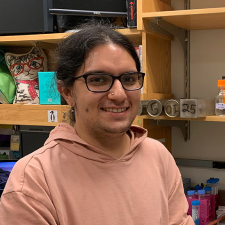
Chimeric antigen receptor (CAR) T cells are a type of immunotherapy that uses genetically engineered T cells from patients to treat cancer. While a one-time treatment has the potential to generate long-term protection from relapse, CAR T cells often fail due to poor persistence. Dr. Mi [Damon Runyon-Lois A. Cinelli Awardee supported by the Cinelli Family Foundation] recently studied samples from patients with durable remissions of leukemia and found that rare persistent CAR T cells share a distinct set of molecular and cellular features. She will now define the properties of persistent CAR T cells across multiple blood cancers, trace their T cell origins and evolutionary dynamics using novel technologies, and experimentally evaluate her findings in preclinical models. These studies could illuminate how CAR T cells change over time in patients and help guide development of future cellular therapies with more durable effects for patients with different types of cancers.

Dr. Miltiadous is investigating how the gut microbiome affects the immune system in children undergoing a cancer treatment called allogeneic hematopoietic cell transplantation (allo-HCT), which is often used for aggressive pediatric cancers like leukemia and lymphoma. While it can be life-saving, allo-HCT can also induce complications caused by immune overactivation, including graft-versus-host disease. Molecules called bile acids, produced with the help of gut microbes, help balance the immune response, reducing harmful inflammation and improving recovery. By identifying specific gut microbes and bile acids that support immune function, Dr. Miltiadous aims to reduce complications, improve survival rates, and enhance the quality of life for children receiving allo-HCT. By analyzing a cohort of over 400 patients, she seeks to uncover actionable insights that could lead to new therapies targeting the gut microbiome. Dr. Miltiadous received her MD from University of Athens Medical School, Athens.
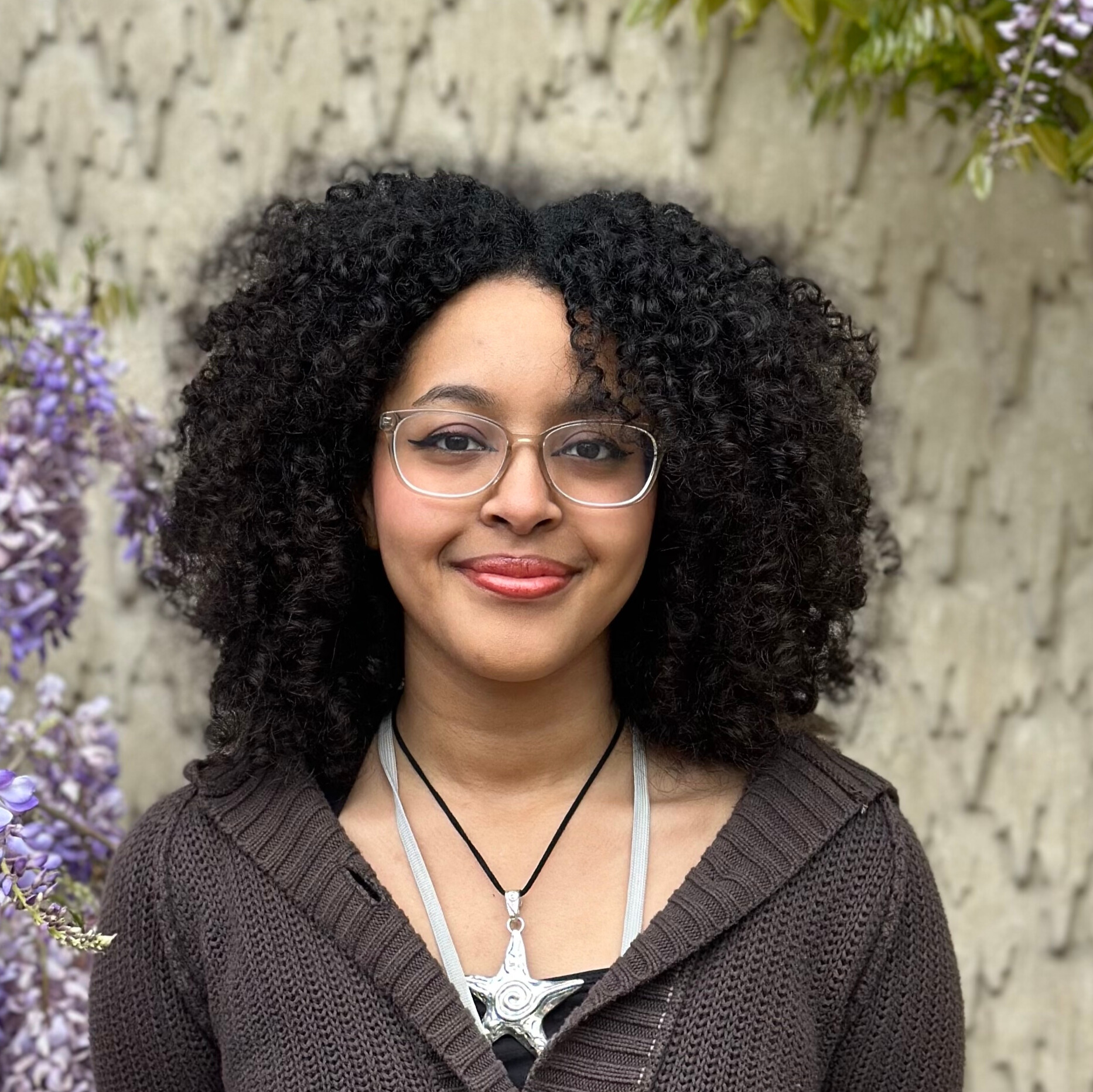
Milen [National Mah Jongg League Scholar] was born and raised in Nashville, Tennessee, to parents who emigrated from Eritrea. As an undergraduate at Harvard College, where she majored in Neuroscience and minored in Global Health and Health Policy, she became interested in the phenomena of neurodevelopment and neuroplasticity. Seeking deeper insight into these processes, she joined the lab of Dr. Michael E. Greenberg at Harvard Medical School (HMS) and conducted research under Dr. Xin Gu (who was a Damon Runyon Fellow at that time). There, she investigated the function of the protein midnolin and explored its structural, spatial, and physiological properties, elucidating its regulation of key neuronal proteins. This research earned her the HMS “Outstanding Undergraduate Research Award in the Lefler Center” and the Harvard “Herchel Smith Undergraduate Science Fellowship.” Working in Dr. Gu’s independent lab at Dana-Farber Cancer Institute, her scientific interests have widened from neuroscience to the broader processes of cellular growth, development, and death. She is drawn to the field of cancer biology not only for its scientific complexity but also for its human urgency and its therapeutic potential to prevent people’s stories from being cut too short. Outside of the lab, Milen immerses herself in the arts through volunteer work with local museums, creates her own art, and serves as paint charge for several student-run theatrical productions.
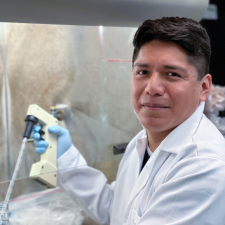
Human cells compact their vast genomes into the small confines of the nucleus by wrapping their DNA into a highly complex structure called chromatin. Packaging DNA into chromatin, however, affects all nucleic acid-transacting machines (e.g., transcription factors) that need to access the genomic information stored in the DNA. NuRD is a large multi-subunit protein complex that plays a major role in making chromatin either accessible or inaccessible. Dysregulation of NuRD and aberrant targeting of the complex can result in the emergence of several types of cancers, including breast, liver, lung, blood, and prostate cancers. Dr. Osorio Valeriano’s [Philip O'Bryan Montgomery, Jr., MD, Fellow] work will reveal mechanistic aspects of NuRD-mediated chromatin regulation and pave the way for the development of novel therapeutic approaches that target cancers more effectively. Dr. Osorio Valeriano received his PhD from Philipps University and his MSc and BSc from the National Autonomous University of Mexico.
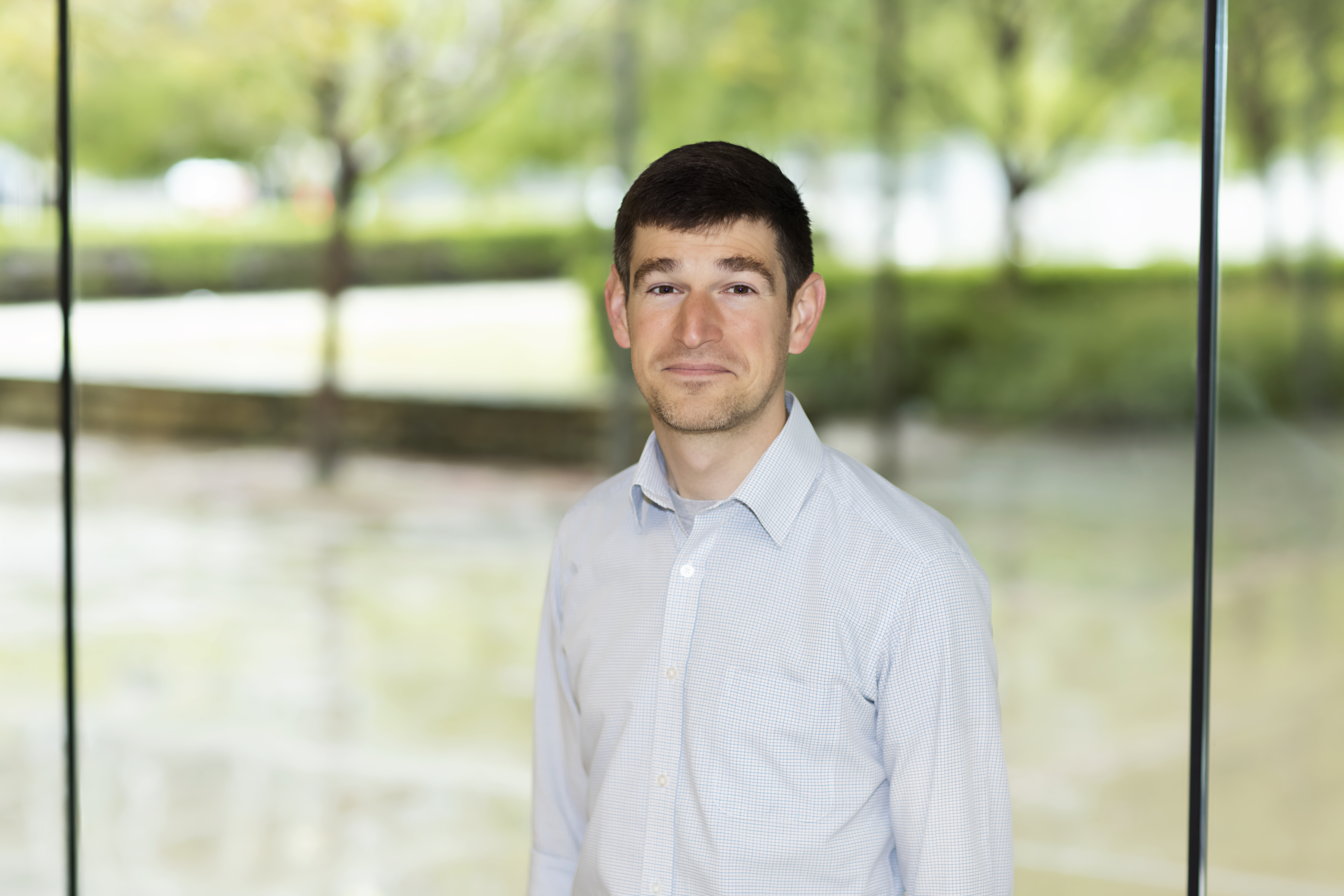
Leukemia is a cancer of the immune system and is a major cause of death from cancer in children and young adults. Chimeric antigen receptor (CAR) T cell therapy, which involves genetic engineering of a cancer patient’s own immune system cells to fight cancer, has demonstrated curative potential. Despite excellent initial responses to treatment, however, leukemia recurs in up to half of pediatric leukemia patients after CAR T treatment. A major cause of treatment failure is that CAR T cells do not attach to cancer cells as strongly as natural T cells do to their targets, and this limits their ability to find and kill cancer cells. Dr. Pauerstein’s research is attempting to improve CAR T cell sensitivity to cancer cells using synthetic cell adhesion molecules, a type of molecular glue between two cells. Engineering adhesion into CAR T cells should build a synthetic immune synapse that can help improve cell-based treatments for leukemia and eventually other cancers. Dr. Pauerstein received his MD, PhD from Stanford University, Stanford and his BA from Rice University, Houston.
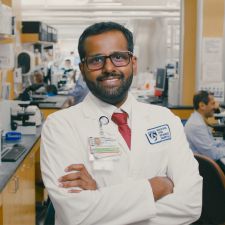
It has been long recognized that B-cell malignancies such as follicular lymphoma (FL) are dependent on interactions with nearby non-malignant cells for survival. However, this dependency has yet to be exploited therapeutically. Dr. Shanmugam aims to define the pro-tumorigenic growth factors in the environment around malignant B cells in FL and elucidate the mechanisms of how these growth factors promote FL cell survival and proliferation. This knowledge will enable the development of new treatments that block these interactions and new laboratory models of follicular lymphoma.
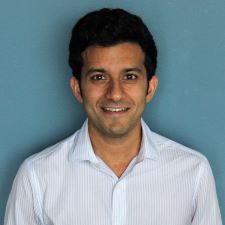
Chimeric antigen receptor T cell (CAR T cell) therapy, in which a patient's own immune cells are engineered to target their cancer, has changed the treatment landscape for many blood cancers. Despite promising early results, however, long-term follow-up has revealed that nearly half of patients treated with CAR T cells eventually experience cancer recurrence. Using a variety of techniques in cell lines and patient samples, Dr. Singh [Bakewell Foundation Clinical Investigator] aims to understand how interactions between engineered T cells and blood cancer cells in some cases lead to long-term remission, and in others to therapeutic failure. The broad goals of his lab are to understand the biological signals that cause these therapies to fail, and to use this knowledge to design next-generation immunotherapies that can cure more patients.
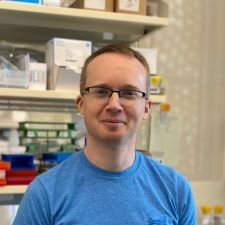
A key question in cancer biology is how genetic mutations, acquired over time, interact with environmental factors to affect emergence and progression of disease. This is particularly relevant in blood cancers because many people acquire genetic mutations in blood-forming stem cells in the bone marrow but only a small proportion go on to develop acute myeloid leukemia (AML). Dr. Swann [William Raveis Charitable Fund Fellow] is investigating whether inflammatory signals alter the behavior of stem cells that have already acquired an initial mutation, causing them to acquire features of cancer that will hasten the onset of AML. Specifically, Dr. Swann is interested in whether pre-cancerous stem cells change their gene expression in response to inflammation, which might allow them to outcompete normal cells in the bone marrow. He is utilizing cutting-edge techniques such as CRISPR editing of blood stem cells to investigate the molecular pathways responsible for these biological changes. This project has the potential to identify molecular pathways activated by inflammation that might promote AML development, offering new targets for therapeutic interventions. Dr. Swann received his VetMD (DVM) from the University of Cambridge and his DPhil (PhD) from the University of Oxford.
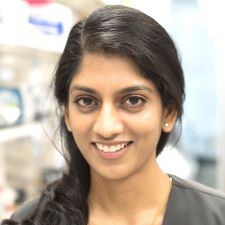
Before a gene can be expressed, a protein known as a splicing factor must remove non-coding regions (introns) from the RNA strand. Mutations in splicing factors, and specifically one called SF3B1, can lead to the development of certain blood cancers. Dr. Vallurupalli [David M. Livingston, MD, Physician-Scientist] will use genome editing technologies to generate and characterize SF3B1-mutant models in human adult blood stem cells. She will also screen for other genetic factors that may influence the outcome of SF3B1 mutations. Her goal is to identify previously unrecognized therapeutic targets for treating splicing factor-mutated blood cancers.







